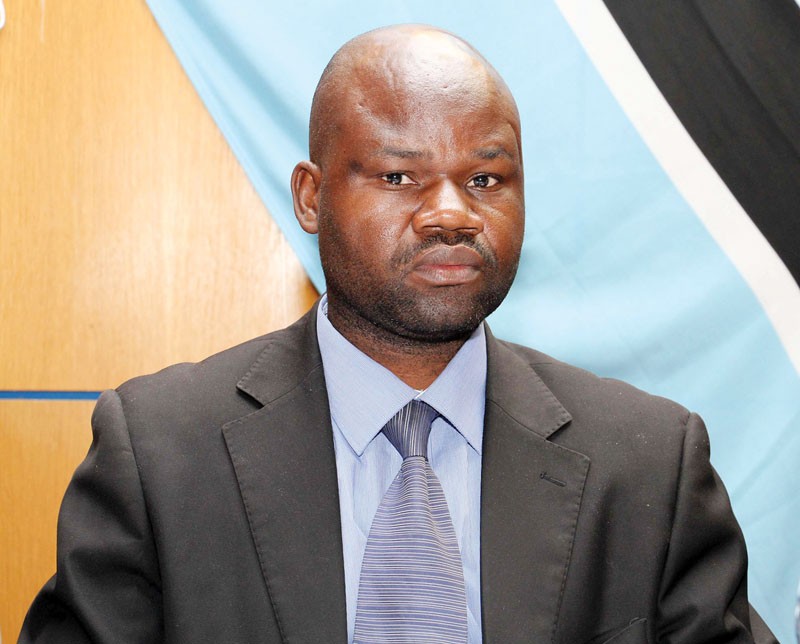FCC declares departments corruption red-zones
Ryder Gabathuse | Friday June 17, 2016 14:58


The departments that are currently within the red-zone of corruption monitoring at the FCC include information and communications technology (ICT), transport, social and community development (S&CD) and the allocation of the Self Help Housing Agency (SHHA) plots.
The rot has generally been established in the procurement of goods in its totality.
FCC clerk, Leboile Israel this week said the council has deliberately placed the departments on its radar to closely check if employees complied with the processes.
He intimated that it has become apparent that departments in the red-zone have become prone to corrupt practices, which the council has been battling to uproot.
The reason why cases of corruption were reported at the FCC was that Israel and his team have invested in educating the council workers and the community on reportable cases of corruption.
“FCC employees are now aware of the cases of corruption hence they report to either the council authorities or directly to the Directorate on Corruption and Economic Crime (DCEC),” said Israel.
He added that council employees get support from the council management, which has provided a platform to report corrupt practices.
“We never run short of information when we do audit of our systems as our staff is able to share information they have with the authorities,” he noted, indicating that the council management is also able to improve oversight processes to monitor compliance.
Last year during a full council meeting, city mayor Sylvia Muzila raised concern that despite the fact that measures continue to be developed and implemented to ensure anti-corruption laws are enforced in the country, the FCC continues to experience a disturbing number of corruption cases.
She reported that 28 reported cases were investigated sometime between March and November 2014. The cases ranged from bribery to obtaining public services, abuse of office by public officers, conflict of interest and contract fraud amongst others.
Every year the FCC does external audit which is a statutory requirement.
Israel acknowledged that if they do not act on issues of corruption, things could go bad.
“Corruption prevention is at the top of our agenda. The more you combat corruption the more the people report,” he enthused.
Israel is adamant that no institution can go wrong once it has established platforms to report corruption.
At the FCC, Israel credits levels of reporting corruption to have improved tremendously as a result of the fact that people have been given a platform to report cases.
“I can assure you, as the council management we work closely with the employees and other departments including the DCEC to combat corruption,” he added.
At the FCC, all the business processes are mapped up and documented for people to follow, including role clarity that has been explained to all and sundry.
Sometime last year, three council employees in the transport department resigned from work after an internal audit revealed that they were in the wrong.
Some were caught running their private businesses using council trucks and pocketing the proceeds of such businesses.
Israel also gave credit to the community for the role they play in exposing corruption activities.
The CEO emphasised that it was critical to give people a platform, as they will be able to support the systems.
Israel was reluctant to comment on the freshly investigated case of corruption involving the FCC deputy mayor Lechedzani Modenga and some council staff suspected to be dealing in illegal sales of SHHA land.
Mmegi had quizzed him about the latest developments relating to an alleged comprehensive audit of the council systems to reveal more wrong doing. Israel refused to comment on the matter as it could jeopardise their investigations.
“Some of these issues of corruption are tricky. The more you reveal more, the more you jeopardise the case as it could alert even the perpetrators,” he said reluctantly.
